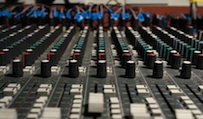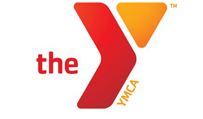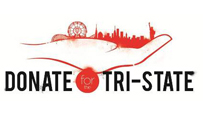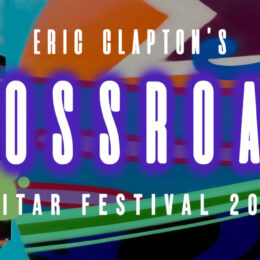------
David Donnelly
Company: DNA Mastering
Clientele: Aerosmith, Red Hot Chili Peppers, Miley Cyrus
Contact: http://dnamastering.com, 818-992-4034, [email protected]
David Donnelly broke into the industry as a vinyl plant record presser when he was 15. He did a variety of jobs with Warner and Geffen Records, among others, and learned many aspects of the business, including quality assurance and mixing. Donnelly also attended countless mastering sessions with artists and believes his unique, well-rounded industry perspective sets him apart from other mastering engineers.
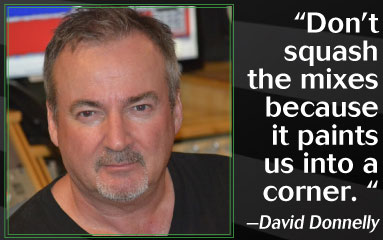 What are the best ways to prep a mix for mastering?
What are the best ways to prep a mix for mastering?
Send files that aren’t squashed or brick-walled. Don’t convert the sampling rate and do leave lots of headroom––five or six dB. Don’t squash the mixes because it paints us into a corner.
Which mix problems can be addressed in the mastering stage? Which can’t?
In mastering you’re dealing in stereo so you don’t get something for nothing. If there’s excessive low end, often the kick and the bass are within the same frequency range. Other instruments can disappear with that. Midrange too.
Have do-it-yourself mastering tools improved to the point that musicians can achieve a better-than-passable master at home.
The software is probably okay; I’ll use it to fix something when nothing else works. It’s difficult to trade off a piece of software for $100,000 in analog gear and 30 to 40 years of experience.
The ideal format for mastering-ready mixes?
WAV files of AIFF. Whatever sampling rate they choose to record and mix in is what the sampling rate should be for the files that I get. They shouldn’t down-sample or dither down.
Do artists ever send you MP3s?
I can’t say that I haven’t [mastered MP3s] but it’s rare. I don’t recommend it.
Your take on Mastered For iTunes?
I’m for anything that helps increase the consumer’s perspective on music. I’m not geared up to master for iTunes yet. There’s a pitfall from the mastering engineer’s standpoint: you have to go offline to test it. If they’re serious about this, I’d like to see them come up with a box for mastering engineers.
What’s the biggest mastering challenge you’ve ever faced?
Dealing with old, delicate tape. You have to know how to handle it. If you get something where there’s no going back to the producer or engineer and it’s completely flat-lined, slammed and you’re painted into a corner, that’s an incredibly difficult task.
What’s the biggest technical challenge/problem you’ve ever gotten out of?
I was hired years ago to remaster an iconic record. When I got the tape, there were huge pieces of oxide missing. I had to take a CD and try to match what I was doing and make it sound like the flat master. I cut in dozens of sections so I used 90 percent of the original masters to try to get a final product that sounded cohesive.
What does the future of mastering hold?
The challenge is to roll with the punches of the economy and scale your business to fit them. Mastering will be an important part of the process as long as it stays economical. I’m not sure about the places that are stuck with their standard costs being $700 an hour. There aren’t that many big records to go around anymore.
What do you say to people starting out as mastering engineers?
The last thing you should pick up is a computer. The first thing you should pick up is a book. Get the Audio Cyclopedia. It’s a horrible read but you’ve got to understand sound, frequencies and all of those things.
Any final advice?
Learn the basics of audio. That’s what’ll separate the new mastering engineer from the other guys. Spend time at a recording studio and working with bands for free.

